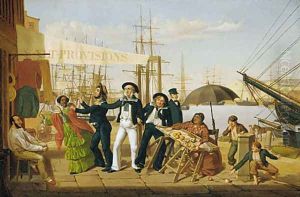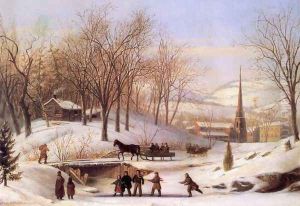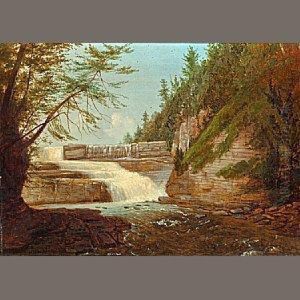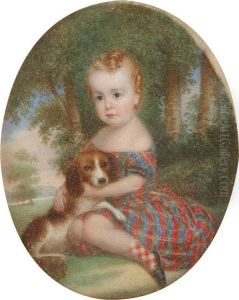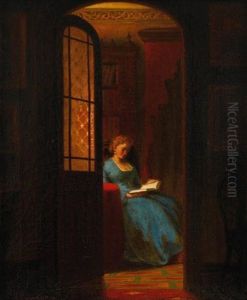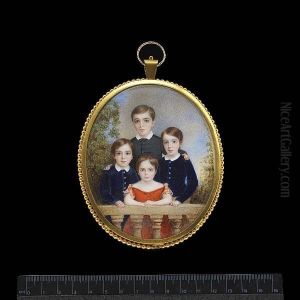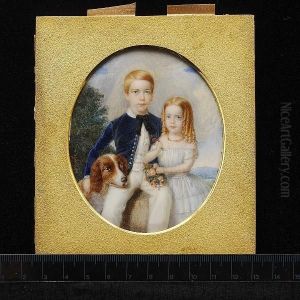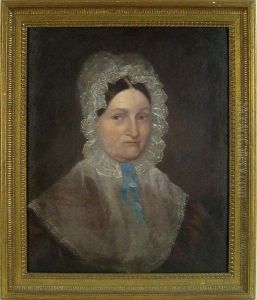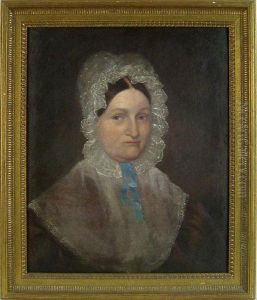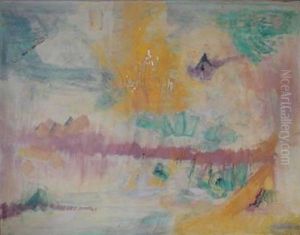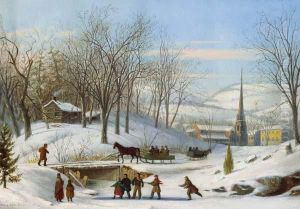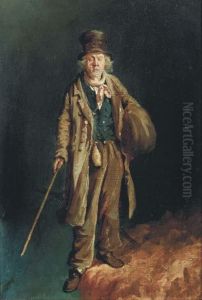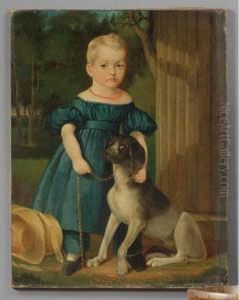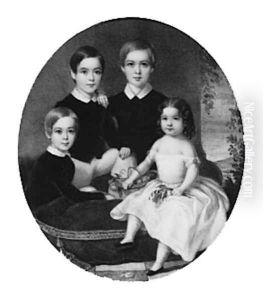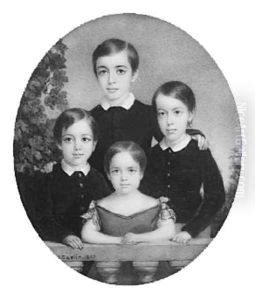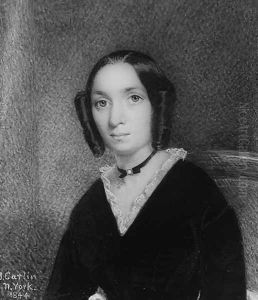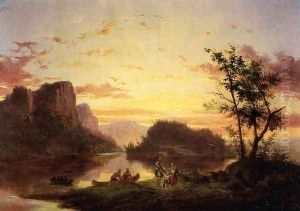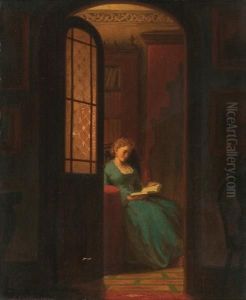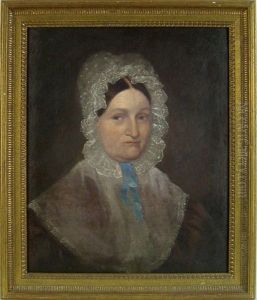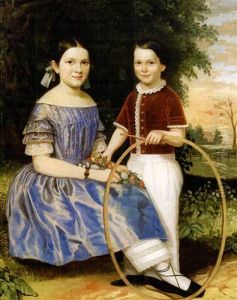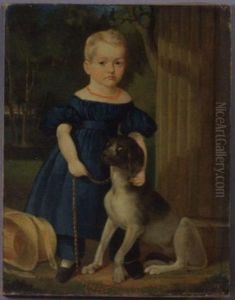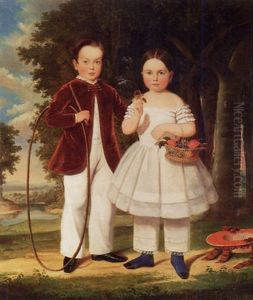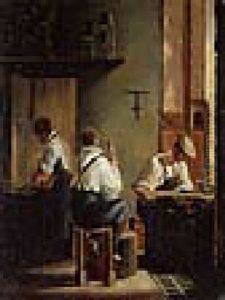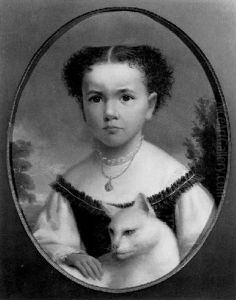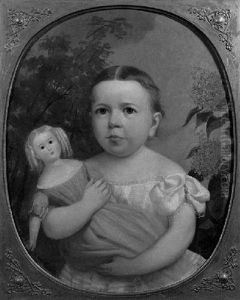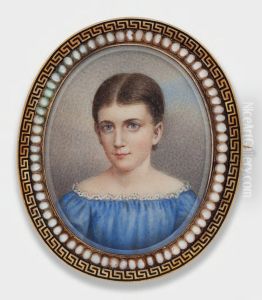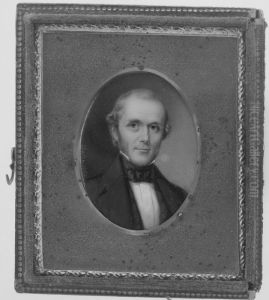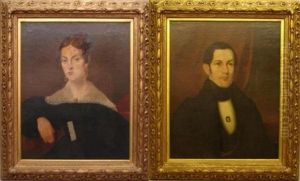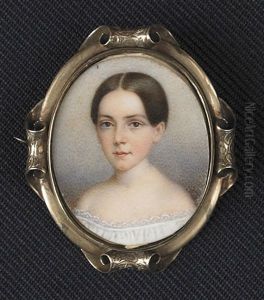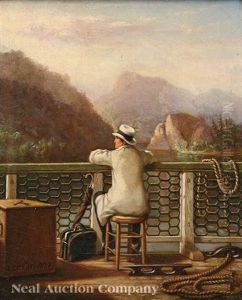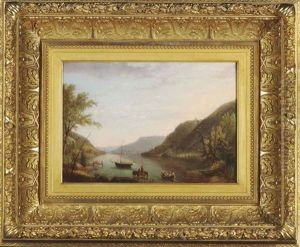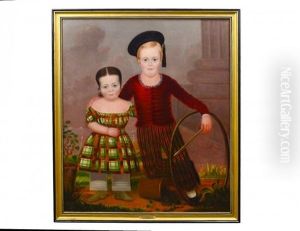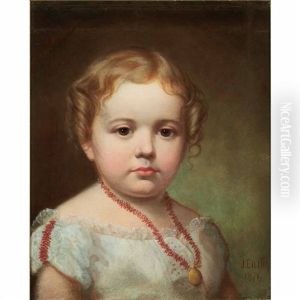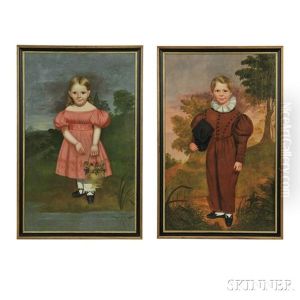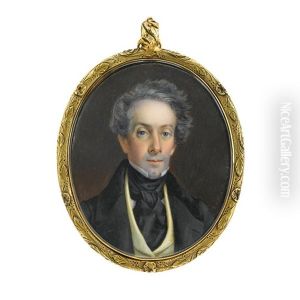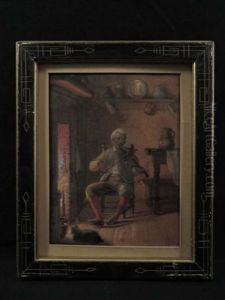John Carlin Paintings
John Carlin was an American artist known primarily for his work as a miniaturist and deaf art instructor. Born on September 16, 1813, in Philadelphia, Pennsylvania, Carlin experienced early childhood illness that resulted in his deafness. Despite this challenge, he pursued a career in the arts with great determination. He initially studied under John Neagle, a prominent portrait painter. Carlin then moved to Europe to further his education. He spent significant time in Paris, where he was influenced by the French Romantic painters and also studied at the Royal Academy in London.
During his time in Europe, Carlin honed his skills in miniature painting, a genre that was highly popular at the time for personal keepsakes and portraits. Upon his return to the United States, he established himself as a successful miniaturist. His works were notable for their careful detail and sensitive portrayal of subjects. In addition to his miniature paintings, Carlin also created larger artworks, wrote poetry, and was an advocate for the deaf community.
Carlin's contribution to the arts extended beyond his own creative work. He was instrumental in advocating for the establishment of schools and institutions for the deaf. He also taught art to deaf students, believing in the power of art to transcend communication barriers.
John Carlin's career was a testament to his resilience and talent. Despite living in a time when being deaf presented numerous social and professional obstacles, he achieved a reputation as a skilled artist and educator. His legacy is not only in the delicate miniatures and portraits he left behind but also in his role as a pioneer for the rights and education of the deaf.
Carlin passed away on April 29, 1891, in Summit, New Jersey. Today, his works are considered important in the study of American miniature painting, and his life story continues to inspire many in the deaf and arts communities.
